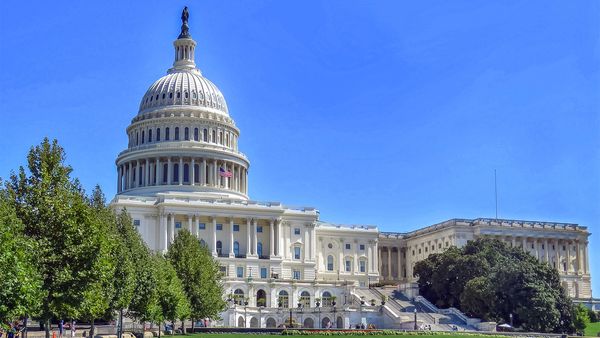
Big corporate mergers are as American as apple pie, AR-15s, and reality shows starring at least one person whose last name is Kardashian.
Therefore, Kroger Company (KR) and Albertsons Companies Inc.’s (ACI) $25 billion marriage would seem like just another blip on the national radar screen. Except that we’re talking about supermarkets and grocery stores here and anything that impacts where we buy bread, eggs, and milk is bound to attract extra scrutiny.
DON'T MISS: We Tried Gorat's, Warren Buffett's Favorite Steakhouse
Case in point: the United Food and Commercial Workers (UFCW) is opposing the merger. That in itself is not unusual (can you think of a time when any union supported a big merger?). But the UFCW’s reasons deserve special attention.
Kroger said it wouldn’t close any stores, distribution centers or manufacturing facilities as part of the deal, or lay off front-line workers from stores that might need to be divested for regulatory approval.
That sounds like a good deal. But like anything, the devil is in the details. And so far, there haven’t been a whole lot of them.
Not a lot of information
Union president Mark Perone said the companies have not provided enough information about which and how many stores the combined company plans to divest.
“We are not getting any definite assurances right now,” Perrone said.
The UFCW has good reason to be worried. Mergers almost always mean subtraction, not addition.
“Since the moment this proposed merger was announced, our union has stated that we would oppose any merger that undermines the wages, jobs, benefits, and security of Kroger and Albertsons workers,” the UFCW said in a statement last fall.
To win regulatory approval, Kroger/Albertsons said it will sell any store it doesn’t plan to keep to “qualified” buyers who will continue to operate the location.
Selling food is pretty tough
But food retail is a tough, competitive business. The name of the game is volume, meaning grocery stores need to consistently sell a lot of food to compensate for slim profit margins.
In fact, that’s why Kroger and Albertsons are merging in the first place — to gain size and scale. And even that doesn’t guarantee success. Amazon Inc. (AMZN) still hasn’t figured out how to sell groceries in a physical format. And Walmart Stores Inc. (WMT) recently said it will close half of its locations in Chicago.
There are plenty of successful regional chains that could emerge as buyers: Schnucks in the Midwest and Hy-Vee in the South. Perhaps Target Corporation (TGT) might sniff out some locations.
But odds are that we will ultimately see fewer, not more, supermarkets and grocery stores as the result of this mega merger, no matter what Kroger and Albertsons pledge.
That’s just America folks.







